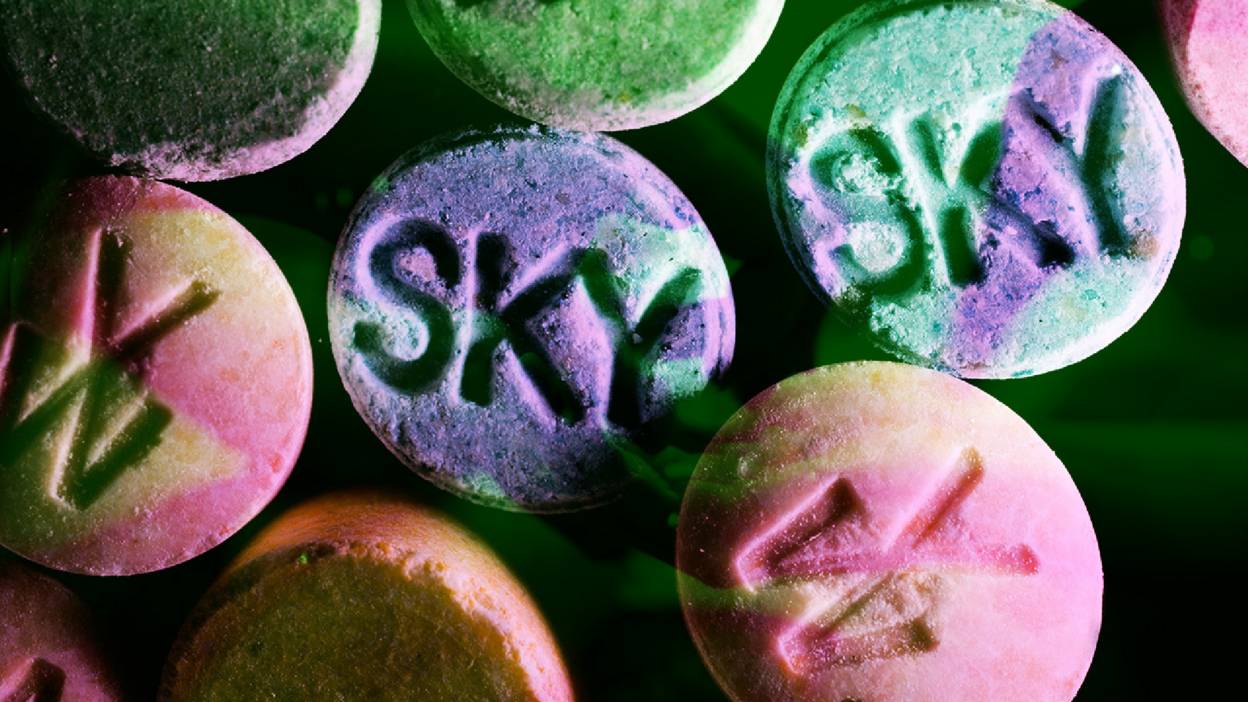Commission Recommends Maintaining Illegal Status for MDMA Despite Its Relative Safety

A Dutch government commission tasked with examining MDMA, the primary component of the recreational drug ecstasy, has determined that the substance is “relatively safe,” with minimal long-term health consequences for users and a low risk of addiction.
Commission chairwoman Brigit Toebes highlighted in an interview with AD that while occasional deaths occur among users, they are rare and raise concerns. The commission advocates for further research into the causes of these fatalities, aiming to discern whether they result from MDMA alone or in combination with other substances.
Toebes emphasized the importance of informing users about safe dosage levels, noting that the typical dosage tends to exceed what is advisable for the average user, which ideally should fall between 80 and 100 milligrams.
Despite acknowledging the drug’s relative safety, the commission recommends retaining MDMA on the government’s list of hard drugs, alongside heroin and cocaine, due to its association with organized crime. Toebes highlighted that the vast majority of MDMA produced in the Netherlands is exported, and reclassifying it as a soft drug could incentivize criminals to produce it domestically, exacerbating crime rates.
However, the commission supports further research into MDMA’s potential therapeutic benefits for patients with post-traumatic stress disorder (PTSD). Toebes referenced promising studies conducted in the United States, where over half of patients showed improvement in their PTSD symptoms after treatment with MDMA. Despite these positive outcomes, medical use of the drug has not yet been approved in the US.





